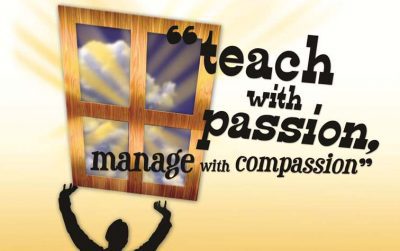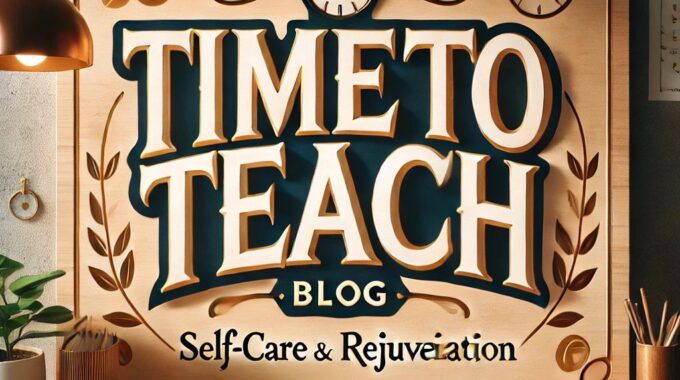As we turn the corner into spring, it’s the perfect time to refresh our teaching…
New book chapter in Multimedia Learning Theory!
We believe in thanking our sources! This post was sourced from the following blog/website: http://feedproxy.google.com/~r/dangerouslyirrelevant/~3/xOizwMlH3XA/new-book-chapter-in-multimedia-learning-theory.html
The following is a new blog post related to education and teaching and relevant to our website visitors. The blog post is not based on the opinions or values of our company but is related to education and teaching, so we wanted to share it with YOU! If you ever have any questions please let us know. Now… on to the post!
 I am pleased to announce that my book chapter in Multimedia Learning Theory: Preparing for the New Generation of Students is now available!
I am pleased to announce that my book chapter in Multimedia Learning Theory: Preparing for the New Generation of Students is now available!
My chapter is titled Multimedia Learning and the Educational Leader. Here’s an excerpt from the Systemic Improvement section of the chapter:
One important role of principals and superintendents is ensuring that employee position announcements, job descriptions, hiring processes, mentoring systems, training, and evaluation criteria all enforce school organizations’ need for robust multimedia learning and teaching. Few school systems currently have powerful technology integration as a core competency for classroom teaching staff. Educational organizations’ omission of digital teaching proficiency and the ability to facilitate students’ higher-order thinking as essential, required skill sets for teachers and administrators sends clear signals to current faculty, job candidates, and educator preparation programs about institutional values. Until this changes, meaningful and authentic uses of multimedia technologies in P-12 classrooms will continue to be isolated aberrations rather than routine observances.
Over the past several decades, school systems have slowly instituted a variety of technical systems to facilitate the management of lower-level cognitive work. Student information systems, online gradebooks, electronic formative assessment tools, and data warehouses are all examples of technologies that help educators input, manage, analyze, and present student learning data (Wayman, Stringfield, & Yakimowski, 2004). Most of the data in these institutional systems focus on student demographic information, letter grades, test scores, and daily assignment tracking.
As educational organizations transition to student learning environments that place greater emphasis on higher-order thinking skills, they will need more robust technology tools that allow them to facilitate, collect, and evaluate more complex, abstract, open-ended student learning. Most of these tools do not yet exist, so it is difficult to envision at this time what they might look like. They are likely to include evolving features such as sophisticated document and portfolio management (including archiving and tagging of multimedia student and teacher work products); deep cross-artifact text, image, audio, and video analysis; infographic-like presentation of underlying patterns and meaning; and the ability to easily but selectively share through a variety of information and social media channels.
Other tools to facilitate effective learning and teaching will include system-provided technologies such as open access content repositories, streaming multimedia servers, online adaptive learning systems, and robust, social media-driven collaboration channels for students, classroom teachers, and administrators. Strategic partnerships with state and federal governments, corporations, foundations, nonprofits, and others will become more prevalent as school systems face inevitable gaps in funding and resources. Growth in these and other technology systems must be accompanied by concurrent growth in organizational thinking as well as administrative and societal permission and encouragement to utilize these tools.
Hope the book is useful to some of you. Happy reading!
Citation
McLeod, S. (2019). Multimedia learning and the educational leader. In P. M. Jenlink & B. D. Knight (Eds.), Multimedia learning theory: Preparing for the new generation of students, pp. 129-143. Lanham, MD: Rowman and Littlefield.
Time To Teach reviews each blog post by our contributors but if you feel this is a blog post better suited for another page please let us know.
Teachers and Educators are our heroes. We want to thank you for the work you do!
Yours In Education!
Time To Teach


Comments (0)